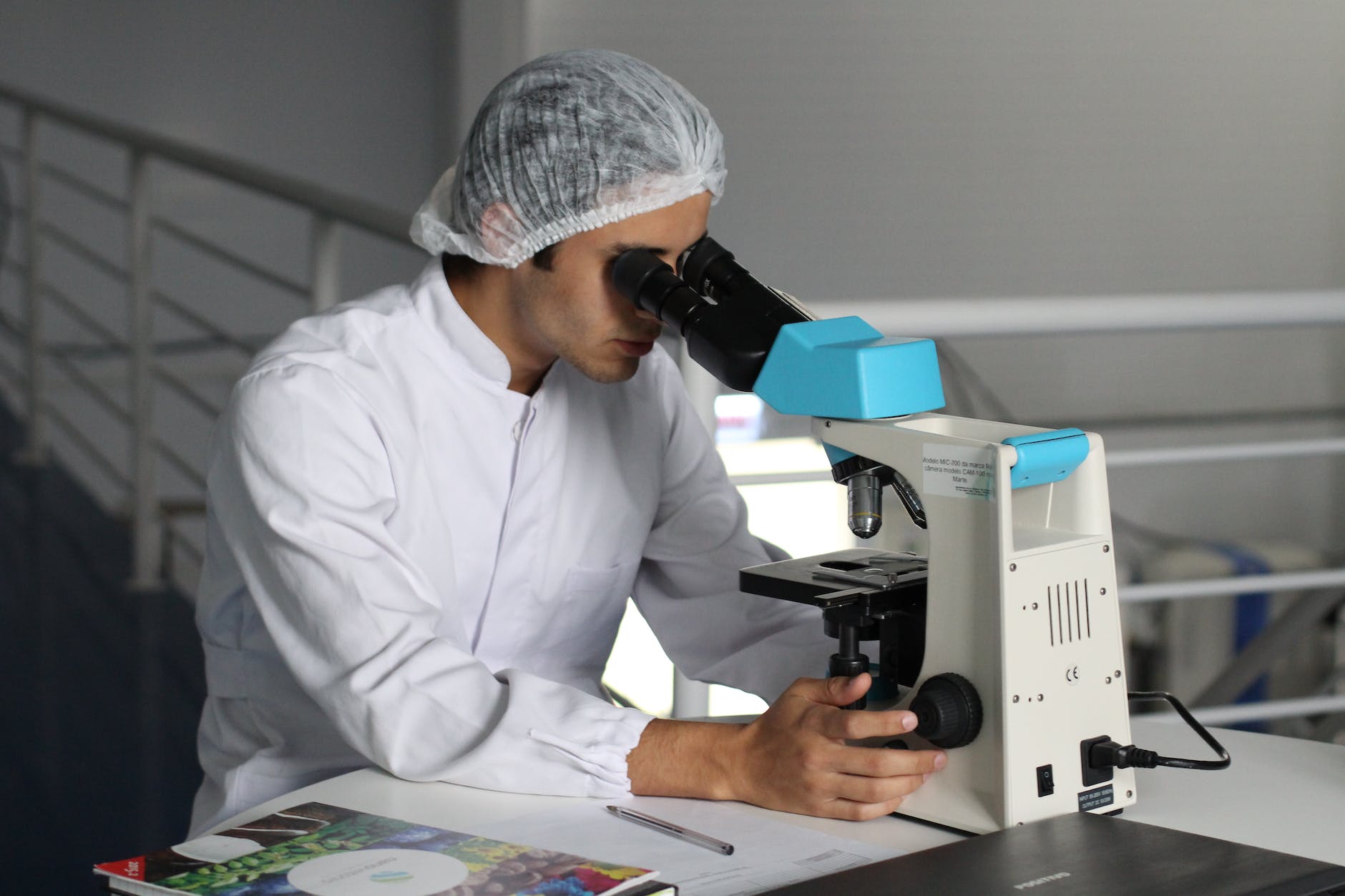
Medical
In today’s globalized world, effective communication is more critical than ever. Especially in the medical and healthcare industry, where the accuracy of the information can mean the difference between life and death. One of the critical components of effective communication in this field is the use of medical interpretation and translation services.
Overview of Medical Interpretation
Medical interpretation refers to the act of converting spoken or written information from one language to another in a medical setting. This can include doctor-patient consultations, medical procedures, and training sessions. Medical interpretation differs from medical translation, which focuses on the written word. Medical interpretation aims to facilitate communication between patients and healthcare providers. Moreover, it ensures accurate communication and easy understanding of the information.
Is Medical Translation And Interpretation The Same Thing?
No, medical translation and interpretation are not the same things. Translating written medical documents, such as patient records, medical reports, and instructional manuals, from one language to another is medical translation. Converting spoken language in real-time in a medical setting is medical interpretation. And this is something medical translation services do not offer.
For example, a patient who speaks Spanish and a doctor who speaks English may require a medical interpreter to facilitate their consultation. The interpreter would listen to what the doctor says in English. And then translate it into Spanish for the patient and vice versa. This ensures that the patient fully understands what the doctor is saying. And that the doctor understands the patient’s concerns and needs.
Necessary Technical Translations Besides Medical Translation
In addition to medical translation,cosmetics translation services are crucial in technical translation. The global cosmetics industry markets and sells products in countries worldwide. Therefore, it is crucial to accurately translate product information and labeling into the languages of those countries.
Relationship Between Cosmetics And Chemicals
Cosmetics often consist of various chemical ingredients, bringing cosmetics and chemicals close together. The safety and efficacy of cosmetic products depend on their proper use. And labeling of these ingredients. Hence, chemical translation services are so essential in the cosmetics industry.
A mixture of chemical ingredients makes up cosmetics such as makeup, skincare products, and hair care products. This includes preservatives, fragrances, surfactants, and emulsifiers. These ingredients interact with each other and the skin to produce the desired cosmetic effect.
However, some chemical ingredients in cosmetics can harm human health. Therefore, it is essential to accurately label. And use these ingredients in safe concentrations. For example, certain preservatives, such as parabens, have been linked to health concerns such as hormone disruption. And increased risk of certain types of cancer.
Chemical translation services play a crucial role in the cosmetics industry. They ensure that the chemical ingredients in cosmetic products are accurately translated and labeled. This is important for both consumer safety and product efficacy. Chemical translators must have a thorough understanding of both the source and target languages.
In addition to a deep understanding of chemistry and chemical terminology. This expertise allows them to accurately translate complex chemical information accurately. Hence, ensuring that consumers and regulatory agencies understand it quickly.
Role of Chemical Translation Companies And How They Can Offer Assistance
Chemical translation services play a critical role in the cosmetics industry by ensuring that the chemical ingredients in cosmetic products are accurately translated and labeled. This is important for both consumer safety and product efficacy. Chemical translators must have a thorough understanding of both the source and target languages and a deep understanding of chemistry and chemical terminology. This expertise allows them to accurately translate complex chemical ingredients and information accurately, ensuring that consumers and regulatory agencies understand the information quickly. Not every other professional translation agency can do the job of translating complex terminologies.
A French cosmetic product sold in the US needs chemical translation services to translate ingredients and labels into English. The chemical translator ensures accurate translation of chemical names and concentrations for easy understanding by consumers and regulators.”
Future of Professional Translation Services
The future of professional translation in the healthcare and medical industry looks bright. The need for effective communication between healthcare providers and patients is increasing as the world becomes more interconnected. The use of medical interpretation and healthcare translation services will continue to play a critical role in ensuring that patients receive the care they need, no matter what language they speak.
Additionally, technological advances will likely play a significant role in developing medical interpretation and a good professional translation company. For example, machine learning and artificial intelligence technologies are already being used to develop language translation software, making it easier for healthcare providers to communicate with patients who speak different languages.
Conclusion
In conclusion, medical interpretation, and translation services play a critical role in the healthcare and medical industry by facilitating communication between patients and healthcare providers. This helps to ensure that the information being communicated is accurate and easily understood, which is essential for patient safety.
Additionally, the cosmetics industry relies on technical translation services to ensure the accuracy of product information and labeling accuracy. As the world becomes more interconnected, the need for effective communication will only continue to grow, making the future of professional translation bright in the healthcare and medical industry.






